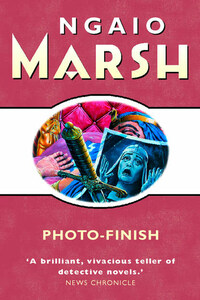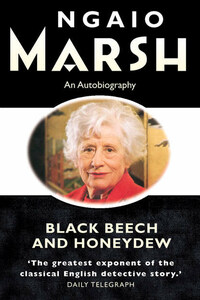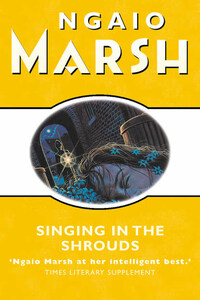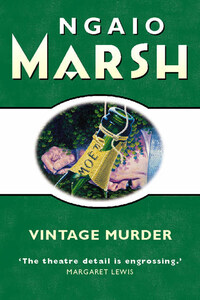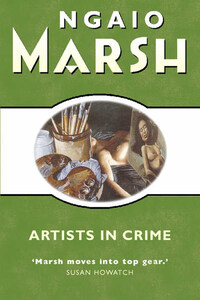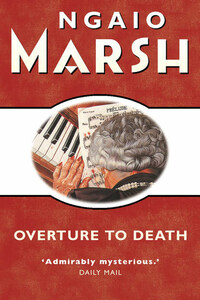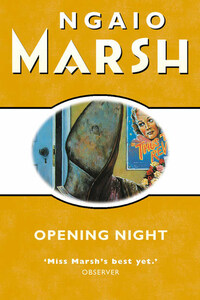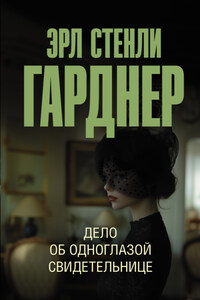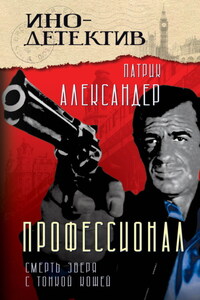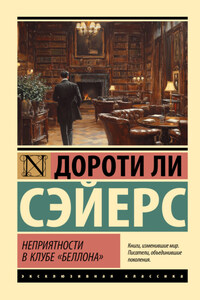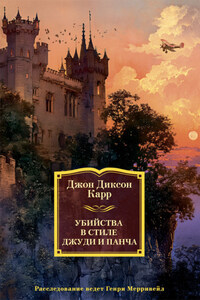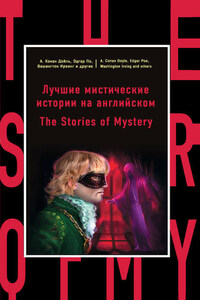One of the many marvels of Isabella Sommitaâs technique was her breathing: it was totally unobservable. Even in the most exacting passages, even in the most staggering flights of coloratura, there was never the slightest disturbance of the corsage.
âYou could drop an ice cube down her cleavage,â boasted her manager, Ben Ruby, âand not a heave would you get for your trouble.â
He had made this observation when sitting in a box immediately above the diva at the Royal Festival Hall and had spoken no more than the truth. Offstage, when moved by one of her not infrequent rages, La Sommitaâs bosom would heave with the best of them.
It did so now, in her private suite at the Château Australasia in Sydney. She was en negligé and it was sumptuously evident that she was displeased and that the cause of her displeasure lay on the table at her elbow: a newspaper folded to expose a half-page photograph with a banner headline, CROSS-PATCH? and underneath, LA SOMMITA IS NOT AMUSED!
It had been taken yesterday in Double Bay, Sydney. The photographer, wearing a floppy white hat, a white scarf over his mouth and dark spectacles had stepped out from an alleyway and gone snap. She had not been quick enough to turn her back but her jaw had dropped and her left eye had slewed; its habit when rage overtook her. The general effect was that of a gargoyle at the dentistâs: an elderly and infuriated gargoyle. The photograph was signed Strix.
She beat on the paper with her largish white fist and her rings cut into it. She panted lavishly.
âWants horsewhipping,â Montague Reece mumbled. He was generally accepted as the Sommitaâs established lover and he filled this role in the manner commonly held to be appropriate, being large, rich, muted, pale, dyspeptic and negative. He was said to wield a great deal of power in his own world.
âOf course he needs horsewhipping,â shouted his dear one. âBut whereâs the friend who will go out and do it?â She laughed and executed a wide contemptuous gesture that included all present. The newspaper fluttered to the carpet.
âPersonally,â Ben Ruby offered, âI wouldnât know one end of a horsewhip from the other.â She dealt him a glacial stare. âI didnât mean to be funny,â he said.
âNor were you.â
âNo.â
A young man of romantic appearance in a distant chair behind the diva clasped a portfolio of music to his midriff and said in a slightly Australian voice: âCanât something be done? Canât they be sued?â
âWhat for?â asked Mr Ruby.
âWell â libel. Look at it, for Godâs sake!â the young man brought out. âWell, I mean to say, look!â
The other two men glanced at him, but the Sommita without turning her head said: âThank you, darling,â and extended her arm. The intention was unmistakable: an invitation, nay, a command. The young manâs beautiful face crimsoned, he rose and, maintaining a precarious hold on his portfolio, advanced crouchingly to imprint a kiss upon the fingers. He lost control of his portfolio. Its contents shot out of their confine and littered the carpet: sheet upon sheet of music in manuscript.
He fell on his knees and scrabbled about the floor. âIâm so sorry,â he gabbled. âOh hell, Iâm so bloody sorry.â
The Sommita had launched a full-scale attack upon the Australian press. Rupert, she said, indicating the young man, was absolutely right. The press should be sued. The police should be called in. The photographer should be kicked out of the country. Was he to be suffered to wreck her life, her career, her sanity, to make her the laughing stock of both hemispheres? (She was in the habit of instancing geographical data.) Had she not, she demanded, consented to the Australian appearances solely as a means of escape from his infamy?
